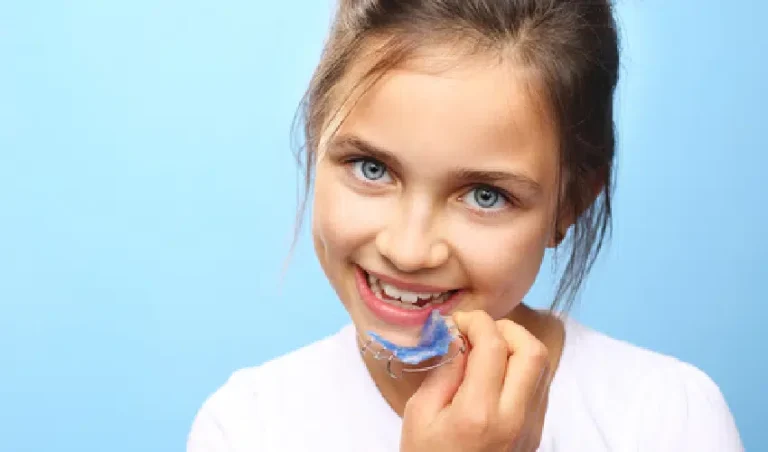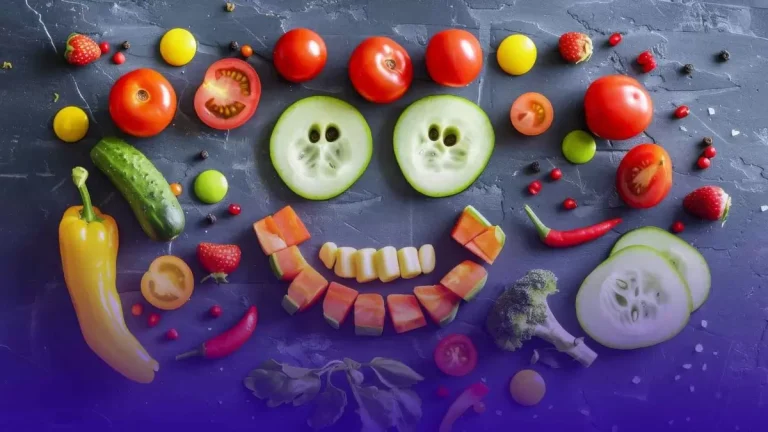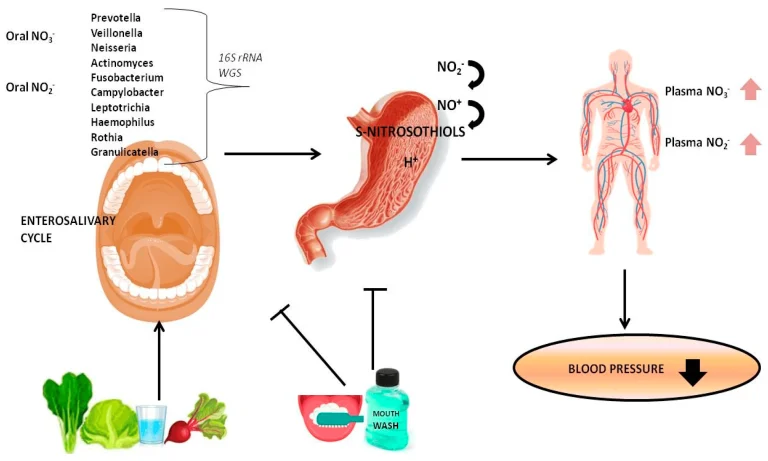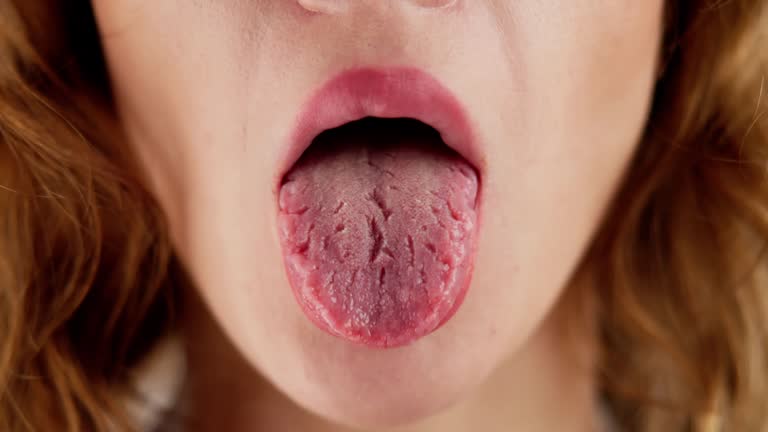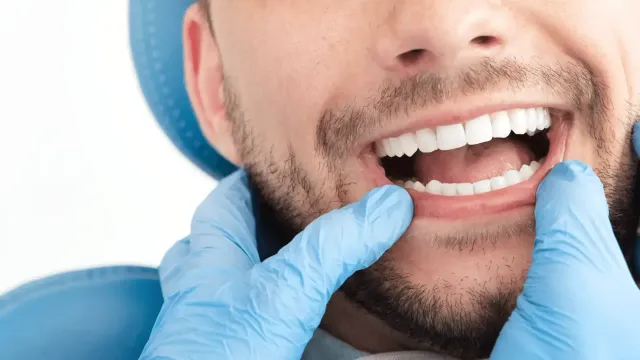Redefining Dental Cleanliness: Why Antiseptic Mouthwash Might Do More Harm than Good
The Double-Edged Sword of Antiseptic Mouthwash
We’ve all been there—standing in the dental care aisle, staring at rows of brightly colored mouthwash bottles, each promising to annihilate bad breath and leave your mouth feeling minty fresh. It’s tempting to grab one and call it a day, but here’s the kicker: that antiseptic mouthwash might not be the hero you think it is. In fact, it could be doing more harm than good.
Here’s the deal: antiseptic mouthwash is designed to kill bacteria. Sounds great, right? Well, not so fast. The problem is that it doesn’t discriminate between the bad guys (the bacteria that cause cavities and gum disease) and the good guys (the bacteria that keep your mouth healthy). It’s like using a sledgehammer to crack a nut—effective, but way too destructive.
Your mouth is home to a delicate ecosystem known as the oral microbiome. Think of it as a bustling city where good and bad bacteria coexist. When everything’s in balance, your mouth stays healthy, your breath smells fresh, and your gums are happy. But when you nuke that ecosystem with antiseptic mouthwash, you’re not just wiping out the troublemakers—you’re also taking out the friendly bacteria that help maintain that balance.
And here’s where it gets interesting. When the good bacteria are wiped out, it can lead to some unexpected problems. For starters, you might experience dry mouth because the good bacteria play a role in saliva production. And if that wasn’t enough, killing off the good bacteria can actually make bad breath worse in the long run. Yep, you heard that right. The very product you’re using to freshen your breath could be setting you up for a vicious cycle of bad breath rebound.
So, what’s the takeaway? While antiseptic mouthwash might seem like a quick fix, it’s important to consider the bigger picture. Your oral health isn’t just about killing bacteria—it’s about maintaining a healthy balance. And sometimes, that means rethinking the products you use every day.
Next time you’re tempted to swish that antiseptic mouthwash, ask yourself: is it really worth the risk? Or is there a better way to keep your mouth clean and healthy? Stick around, because we’re about to dive into some surprising alternatives that might just change the way you think about dental cleanliness.
The Blood Pressure Connection: A Hidden Side Effect
Alright, let’s talk about something that might blow your mind: your mouthwash could be messing with your blood pressure. I know, it sounds like something out of a sci-fi movie, but hear me out. Recent studies have shown that excessive use of antiseptic mouthwash might be linked to a rise in blood pressure. How? It all comes down to a little molecule called nitric oxide.
Here’s the science bit (don’t worry, I’ll keep it simple). Nitric oxide is a superstar when it comes to regulating blood pressure. It helps your blood vessels relax, which keeps your blood flowing smoothly and your blood pressure in check. But here’s the kicker: some of the bacteria in your mouth play a key role in producing nitric oxide. When you use antiseptic mouthwash, you’re not just killing the bad bacteria—you’re also wiping out the good guys that help keep your blood pressure stable.
Imagine this: you’re doing everything right—eating healthy, exercising, even cutting back on salt—but you’re still struggling with high blood pressure. Could your mouthwash be the culprit? It’s a question worth asking, especially if you’re using it multiple times a day.
Now, I’m not saying you should toss your mouthwash in the trash right this second. But it’s worth considering how often you’re using it and whether it’s really necessary. After all, your oral health is just one piece of the puzzle when it comes to your overall well-being.
So, what’s the bottom line? While antiseptic mouthwash might give you that fresh, clean feeling, it could come with some unintended consequences. And when it comes to your health, it’s always better to be safe than sorry.
Up next, we’ll explore some alternatives that can help you maintain a healthy mouth without throwing your body out of whack. Trust me, your mouth—and your heart—will thank you.
Alternatives for a Healthier Mouth
Okay, so if antiseptic mouthwash isn’t the golden ticket to oral health, what’s the alternative? Don’t worry—I’ve got you covered. There are plenty of ways to keep your mouth clean, fresh, and balanced without going nuclear on your oral microbiome. Let’s dive into some healthier options that can help you maintain a sparkling smile and a happy mouth.
1. Oil Pulling with Coconut Oil
This ancient practice has been making a comeback, and for good reason. Oil pulling involves swishing a tablespoon of coconut oil (or sesame oil) in your mouth for about 10-20 minutes. It’s like a workout for your mouth! The oil helps pull out toxins and bacteria while leaving the good guys intact. Plus, coconut oil has natural antibacterial properties, so it’s a win-win. Just remember to spit it out in the trash (not the sink—trust me on this one).
2. Alcohol-Free Mouthwash with Probiotics
If you’re not ready to give up mouthwash altogether, consider switching to an alcohol-free version that contains probiotics. These friendly bacteria can help restore balance to your oral microbiome, keeping the bad bacteria in check without wiping out the good ones. Look for brands that specifically mention “probiotic” or “oral microbiome support” on the label.
3. Stay Hydrated
This one’s a no-brainer, but it’s worth repeating: drink plenty of water! Staying hydrated helps your mouth produce saliva, which is nature’s way of keeping your teeth and gums healthy. Saliva washes away food particles, neutralizes acids, and even contains enzymes that fight bacteria. So, grab that water bottle and sip your way to better oral health.
4. Brush and Floss Like a Pro
Let’s not forget the basics. Brushing twice a day and flossing daily are still the gold standard for keeping your mouth clean. Use a soft-bristled toothbrush and fluoride toothpaste to gently clean your teeth and gums. And don’t skip the floss—it’s the only way to remove plaque and food particles from between your teeth.
5. Chew Sugar-Free Gum
If you’re looking for a quick fix for fresh breath, sugar-free gum can be a great option. Chewing gum stimulates saliva production, which helps wash away bacteria and food particles. Just make sure it’s sugar-free to avoid feeding the bad bacteria in your mouth.
6. Eat a Balanced Diet
What you eat plays a huge role in your oral health. Foods rich in vitamins and minerals, like leafy greens, nuts, and dairy products, can help strengthen your teeth and gums. On the flip side, try to limit sugary snacks and drinks, which can feed harmful bacteria and lead to cavities.
7. Regular Dental Checkups
Last but definitely not least, don’t skip your regular dental visits. Your dentist can spot potential issues early and give you personalized advice on how to care for your teeth and gums. Plus, a professional cleaning can remove plaque and tartar that brushing and flossing can’t reach.
So, there you have it—plenty of ways to keep your mouth healthy without relying on antiseptic mouthwash. The key is to focus on balance and consistency. After all, your oral health is a lifelong journey, not a one-time fix.
Up next, we’ll talk about how to rethink your dental routine and make choices that work best for you. Because at the end of the day, your mouth deserves the best care possible—without any hidden downsides.
Rethinking Your Dental Routine
Let’s get real for a second: how many of us are guilty of sticking to the same dental routine year after year without giving it a second thought? You know the drill—brush, floss, swish some mouthwash, and call it a day. But here’s the thing: your mouth is as unique as you are, and what works for someone else might not be the best fit for you.
So, how do you know if your current routine is doing more harm than good? Start by asking yourself a few questions:
- Are you using mouthwash because you genuinely need it, or is it just a habit?
- Have you noticed any side effects, like dry mouth or bad breath rebound?
- Are you using products that support your oral microbiome, or are you accidentally disrupting it?
These questions might seem simple, but they can help you take a closer look at what’s really going on in your mouth. And if you’re not sure where to start, that’s where your dentist comes in.
Why Your Dentist is Your Best Ally
Your dentist isn’t just there to clean your teeth and fill cavities—they’re also your go-to resource for personalized oral care advice. They can help you figure out which products are right for you, whether it’s a specific type of toothpaste, a probiotic mouthwash, or even a recommendation for oil pulling.
For example, if you’re prone to dry mouth, your dentist might suggest switching to an alcohol-free mouthwash or using a hydrating oral spray. Or if you’re concerned about your oral microbiome, they might recommend incorporating more probiotic-rich foods into your diet. The point is, your dentist can help you tailor your routine to meet your unique needs.
Small Changes, Big Impact
Rethinking your dental routine doesn’t have to mean overhauling everything overnight. Sometimes, small changes can make a big difference. Here are a few easy swaps to consider:
- Swap antiseptic mouthwash for an alcohol-free or probiotic version.
- Replace sugary snacks with crunchy fruits and veggies, like apples and carrots, which can help clean your teeth naturally.
- Try a tongue scraper to remove bacteria and keep your breath fresh.
The key is to experiment and see what works best for you. And remember, it’s okay to take it one step at a time.
The Bigger Picture
At the end of the day, your oral health is about more than just avoiding cavities and bad breath. It’s about taking care of your whole body, from your heart to your gut to your immune system. And that means making choices that support your overall well-being, not just your teeth and gums.
So, the next time you’re standing in the dental care aisle, take a moment to think about what your mouth really needs. Because when it comes to your health, you deserve nothing but the best.
Conclusion
Let’s face it: antiseptic mouthwash has been a staple in our dental routines for years, but it might not be the miracle product we thought it was. From disrupting the balance of good and bad bacteria in your mouth to potentially raising your blood pressure, the downsides are hard to ignore. But the good news is, there are plenty of alternatives that can help you maintain a healthy, happy mouth without the risks.
Whether it’s switching to an alcohol-free mouthwash, trying oil pulling, or simply staying hydrated, small changes can make a big difference. And don’t forget—your dentist is your best ally when it comes to personalized oral care.
So, the next time you reach for that bottle of mouthwash, take a moment to think about what’s really best for your mouth—and your body. Ready to rethink your dental routine? Schedule a consultation with your dentist today and take the first step toward a healthier, more balanced smile. Your mouth will thank you!
FAQs
Q: What’s the main argument against using antiseptic mouthwash regularly?
A: It can disrupt the natural balance of bacteria in your mouth, potentially harming beneficial bacteria.
Q: How does antiseptic mouthwash affect the oral microbiome?
A: It can kill both harmful and beneficial bacteria, leading to an imbalance that may favor the growth of harmful strains in the long run.
Q: Can using antiseptic mouthwash lead to any specific oral health problems?
A: Some studies suggest a link to an increased risk of issues like fungal infections (e.g., thrush) or potentially even an increase in blood pressure.
Q: Is all mouthwash bad for you?
A: No, not all mouthwash is bad. The concern is primarily with antiseptic mouthwashes used excessively.
Q: What are the alternatives to antiseptic mouthwash for maintaining oral hygiene?
A: Good brushing and flossing habits, along with regular dental check-ups, are the foundation. Non-antiseptic mouthwashes (e.g., fluoride rinses) may be suitable for some.
Q: Should I stop using antiseptic mouthwash immediately?
A: Discuss with your dentist or dental hygienist. They can assess your individual needs and advise you on the best course of action.
Q: Are there specific situations where antiseptic mouthwash is beneficial?
A: Yes, dentists often recommend it for short-term use after certain dental procedures or to manage specific infections.
Q: How often is too often to use antiseptic mouthwash?
A: Daily, long-term use is generally discouraged. Use as directed by your dentist.
Q: What ingredients in antiseptic mouthwash are cause for concern?
A: Chlorhexidine and alcohol are common ingredients that can have negative effects with overuse.
Q: Where can I get personalized advice on mouthwash use?
A: Your dentist or dental hygienist is the best resource for personalized recommendations based on your oral health.


